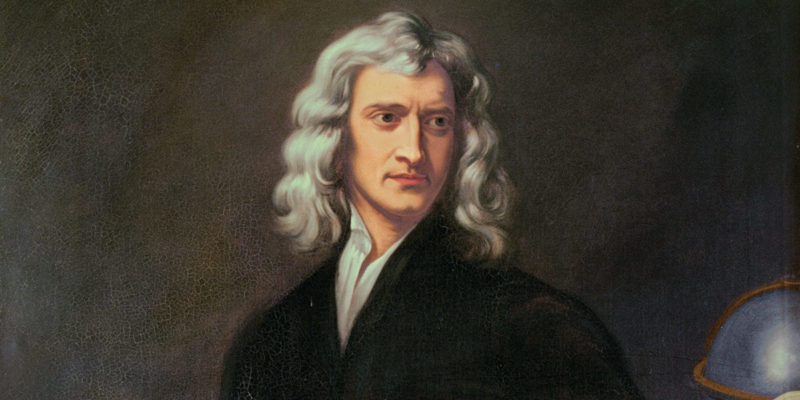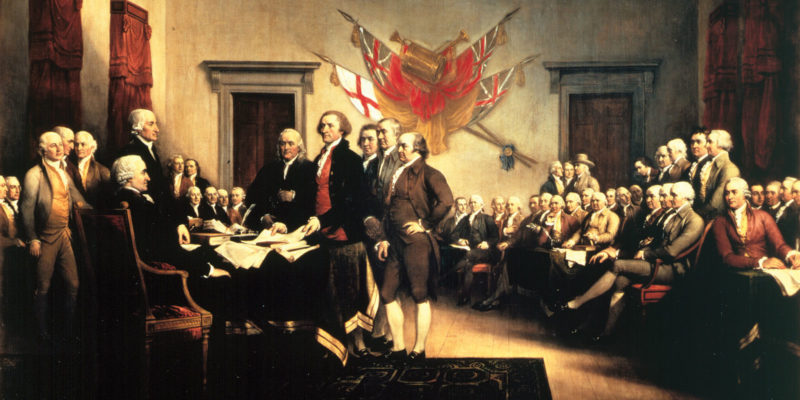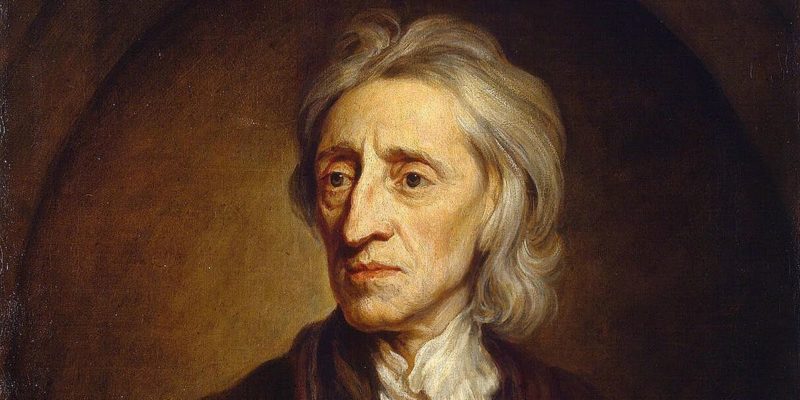We explain what the Enlightenment was, its general characteristics and its main representatives. Also, what was enlightened despotism.
What was the Enlightenment?
The Enlightenment was an intellectual movement that developed in Europe between the mid-18th and early 19th centuries, influencing politics , economics , science , art , religion, and other aspects of culture .
Enlightened thinkers, called Illuminists, questioned the world around them through reason , which was considered the light that illuminated knowledge and could end ignorance. Hence the origin of the names "enlightenment " or "century of lights" also used to designate the movement.
Because everything known passed through the legitimation of reason, and not because of religious or hereditary issues, various revolutions and confrontations were unleashed during the eighteenth century that sought to break with the classical mandates. One of the most significant warlike confrontations was the French Revolution in 1789.
Characteristics of the Illustration

The Enlightenment movement was characterized by:
- Critical thinking The use of reason was necessary to interpret the world and a new way of thinking was used that set aside magical justifications that could not be understood from logic.
- Knowledge as a tool. Scientific and technological discoveries were considered as a possibility of both material and moral progress, capable of improving the quality of life of the societies of the time and leading them towards happiness.
- The laws of nature. Studies and experiments carried out from science made it possible to explain hitherto inexplicable phenomena. For example, Newton's laws of mechanics .
- The encyclopedia. The collection of knowledge and its dissemination was carried out through encyclopedias with the aim of combating ignorance, since knowledge was associated with freedom .
- Anthropocentrism. Man is once again considered the center of everything, according to the ideas of the 15th century Renaissance , but from his ability to reason and think critically, not from his mere existence.
- The educated bourgeoisie . The bourgeoisie and sectors of the aristocracy were able to access the first books and encyclopedias. They used to hold private meetings in which they discussed various topics of politics, science, philosophy, among others, to exchange their learnings.
- The weakening of the Church. The power of the Church diminished as reason took center stage and questioned some such rigid or authoritarian positions. The Church lost presence in political decisions.
Enlightened despotism

The despotism , also known as absolutism, is a way to govern. It was based on policies in which power rested with a single person, such as the monarchy . Unlike classical absolutism , enlightened despotism pursued the interests of the monarch and combined some philosophical ideas of the Enlightenment.
Enlightened despotism continued to be an absolute monarchy that coexisted with the ideas of the Enlightenment . The monarch only manifested from the word a more sensitive vision of the people, but from the political action he continued to have absolute power in an authoritarian way.
The phrase that represented enlightened despotism was "everything for the people, but without the people," which meant that the government carried out measures for the people, but decisions were made without the people . The period of the Enlightenment implied the decline of the monarchies, especially because of the bourgeois class that began to believe in their own possibilities of progress.
More in: Illustrated despotism
Representatives of the Enlightenment

Among the main representatives of the Enlightenment were:
- René Descartes (1596 - 1650). He was a French philosopher and physicist who created methodical skepticism in philosophy, that is, he doubted every idea that could be doubted. In addition, he formulated the Cartesian method and analytical geometry, among others.
- Isaac Newton (1642-1727). He was an English scientist and theologian who discovered a series of laws that govern nature, including the law of universal gravitation and the foundations of classical mechanics.
- John Locke (1632-1074). He was an English philosopher and physician who established the three natural rights of man: to have a private life in freedom, to private property and happiness.
- Charles Louis de Secondat, Baron de Montesquieu (1689 - 1755). Also known only as Montesquieu, he was a French philosopher who established the principle of the division of powers of the State into legislative , executive and judicial .
- David Hume (1711 - 1776). He was a French philosopher and economist who stood out for his great contribution of the philosophical current called empiricism, which argued that there are no innate ideas, but that they all come from sensible experience.
- Denis Diderot (1713-1784). He was a French philosopher and writer who created the encyclopedia, together with Jean le Rond D'Alambert, the most emblematic work of the Enlightenment period.
- Francois-Marie Arouet, Voltaire (1694 - 1778). He was a French writer and thinker, who defended freedom of thought based on reason and who criticized religious intolerance regarding other ways of understanding reality.
- Jean-Jacques Rousseau (1712 - 1778). He was a Swiss writer and one of the most important thinkers for the Enlightenment for his contribution to the vision of the human being, as a natural man and a historical man. He considered the human good by nature but acted badly forced by the society that corrupted him.
- Antoine-Laurent de Lavoisier (1743 - 1794). He was a French chemist and economist considered the creator of modern chemistry for his studies on combustion and the key role that oxygen played in this process, among other studies.
- Jean Le Rond D'Alembert (1717 - 1783). He was a French mathematician and philosopher considered one of the greatest exponents of the Enlightenment. He established mathematics and the laws of physics as the fundamental principles for understanding the world. Together with Diderot, they created the encyclopedia.
Luke is passionate about fostering student involvement and connection. He studied psychology for his major and likes learning about the past. Luke aims to specialize in artificial intelligence and cybersecurity. .
Leave a reply
Your email address will not be published. Required fields are marked *Recent post

Sport: What Is It, Types, Risks, Features, Characteristics and Examples

Dogs: Emergence, Features, Characteristics, Feeding and Breeds

Story: Definition, Elements, Structure, Features and Characteristics

